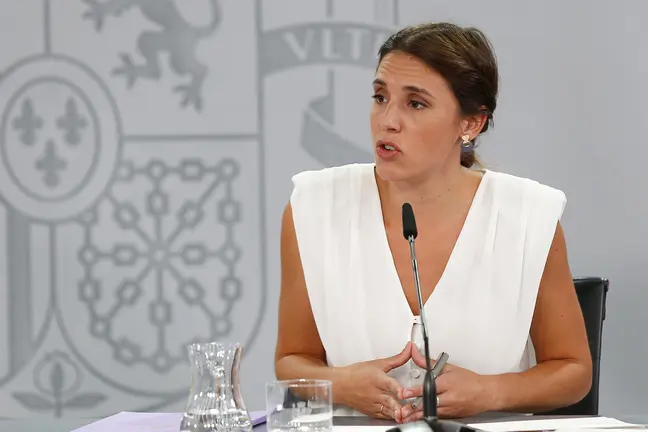High inflation nearly brought Spain's economic growth to a halt in the first quarter after a strong performance in the second half of last year, the national statistical office (INE) reported on Friday.
Gross domestic product rose just 0.3% in the period January to March, compared with the previous quarter.
In response to the uncertainties generated by the Russian invasion of Ukraine, the Government Delegate Commission for Economic Affairs has updated the 2022-2025 Stability Program and the 2022 National Reform Program for submission to the European Union in the framework of the European Semester for the coordination of economic policies.
The government was cutting its growth forecast for the year drastically to 4.3% from previously 7%, Economy Minister Nadia Calviño announced on Friday.
The Government Delegate Commission for Economic Affairs has updated the 2022-2025 Stability Program and the 2022 National Reform Program for submission to the European Union.
DP growth came in at above 2% in both the third and fourth quarters last year, and growth for the year as a whole was put at 5.1%, as the economy recovered from the coronavirus pandemic.
At the end of March, the Funcas savings bank foundation cut its growth forecast for this year to 4.6% from a previous estimate of 6.8%.
The government admits that its new estimate is cautious and that it is below the forecasts of the central Bank of Spain and in line with those indicated by the Independent Authority for Fiscal Responsibility (AIReF).
High inflation
A sharp rise in energy prices caused by the war in Ukraine and consequent sanctions on Russian energy exports, was the main driver in pushing Spanish consumer inflation to 9.8% in March and 8.4% in April. This had cut purchasing power.
The Omicron wave of the pandemic also negatively impacted the economy at the start of the year. A strike by truck drivers has in addition caused temporary supply bottlenecks.
The economic slowdown has hit the labour market, with unemployment rising after a long period of decline. The number of jobless rose by 70,900 over the first quarter to take the official unemployment rate to 13.65%.













